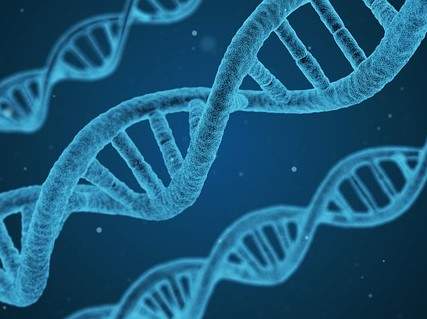
Washington University School of Medicine’s investigational therapy for an inherited form of amyotrophic lateral sclerosis (ALS), which it had tested on genetically modified mice and rats, is now being studied in a phase 1/2 clinical trial.
The inherited form of ALS being focused on in the trial is caused by mutations in a gene called SOD1. These mutations cause the SOD1 protein to be over-active, thus reducing levels of the protein may help ALS patients. This form of the disease affects approximately 2% of patients with ALS.

Discover B2B Marketing That Performs
Combine business intelligence and editorial excellence to reach engaged professionals across 36 leading media platforms.
ALS kills nerve cells that control, walking, eating and breathing; few people survive more than three years after diagnosis.
Washington University researchers collaborated with US-based Ionis Pharmaceuticals to test DNA-based compounds known as antisense oligonucleotides (oligos) that block the production of SOD1 protein in mice and rats that had been genetically modified to carry a mutated form of the human SOD1 gene.
The first dose of either anti-SOD1 oligo or a placebo was administered at day 50, followed by a second dose six weeks later. The mice that received the drug maintained their weight 26 days longer and lived 37 days longer than those given placebo; this represents a 22% increase in life span. The rats that received the drug maintained their weight more than nine weeks longer and survived between eight and nine weeks longer than the placebo group.
Since at nine weeks mice showed signs of deteriorating neuromuscular function, the mice were treated with anti-SOD1 or a placebo nine weeks into the trial. The muscle function of those receiving the oligo steadily improved over the next eight weeks and continued to decline for the placebo group. Neurological damage increased in both groups, but it was twice as fast to develop in the placebo group.

US Tariffs are shifting - will you react or anticipate?
Don’t let policy changes catch you off guard. Stay proactive with real-time data and expert analysis.
By GlobalDataWashington University professor of neurology and study lead Timothy Miller said: “This drug had an impressive effect in mice and rats with just one or two doses. We don’t know yet if this works in people, but we’re very hopeful. We’ve completed the first phase of safety testing, and now we’re working on finding the right dose.”
The clinical trial is being led by the Miller’s colleague Robert Bucelli and it aims to evaluate the safety of using oligos in people. Different doses and regimes will be studied to determine the most effective way to reduce SOD1 without unacceptable side effects.
Miller said: “The phase 1/2 trial is really still a safety trial. There are not enough patients in it to really be able to accurately see an effect on disease. But we’re on the cusp of testing the hypothesis that people with ALS caused by mutations in SOD1 can benefit from this treatment. We predict the effect will be good, but we can’t know until we test it.”




